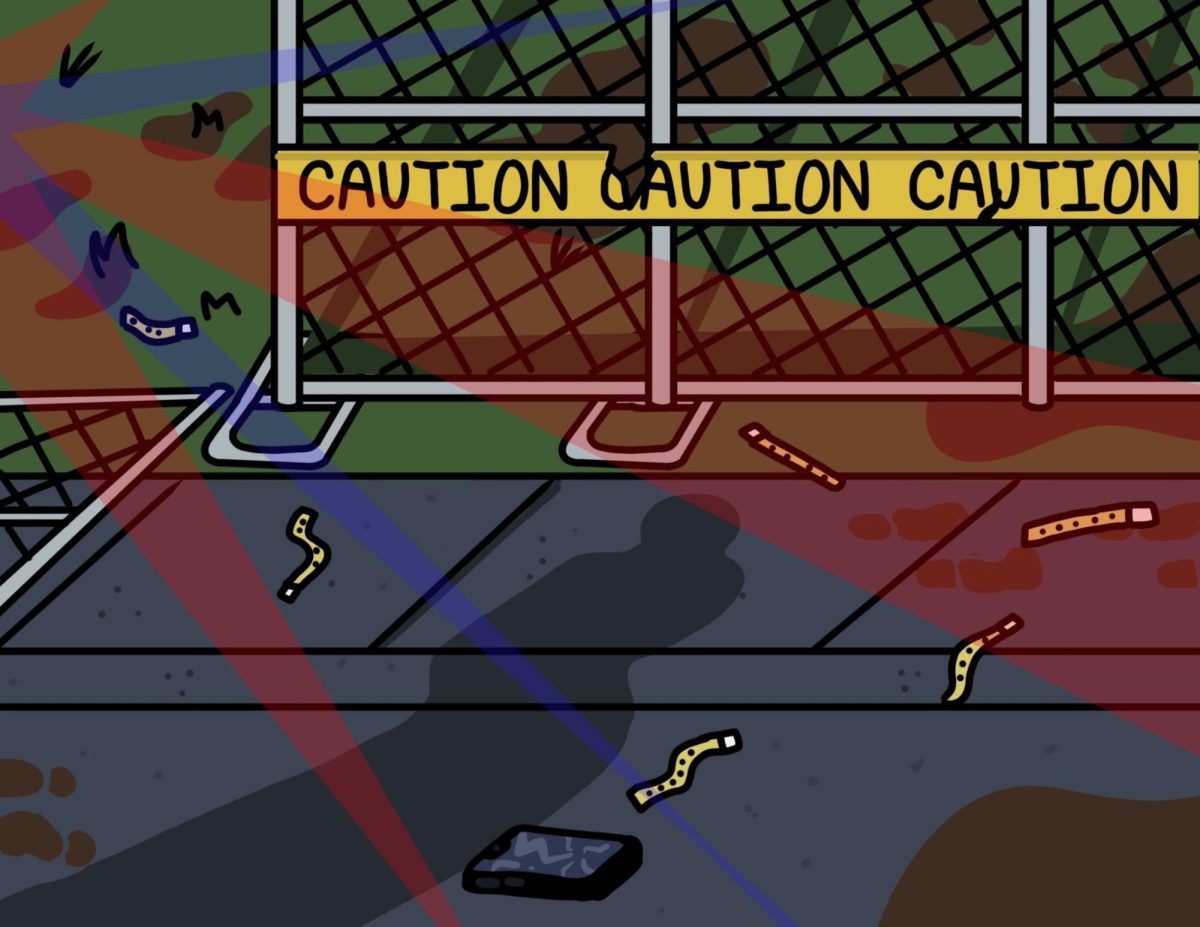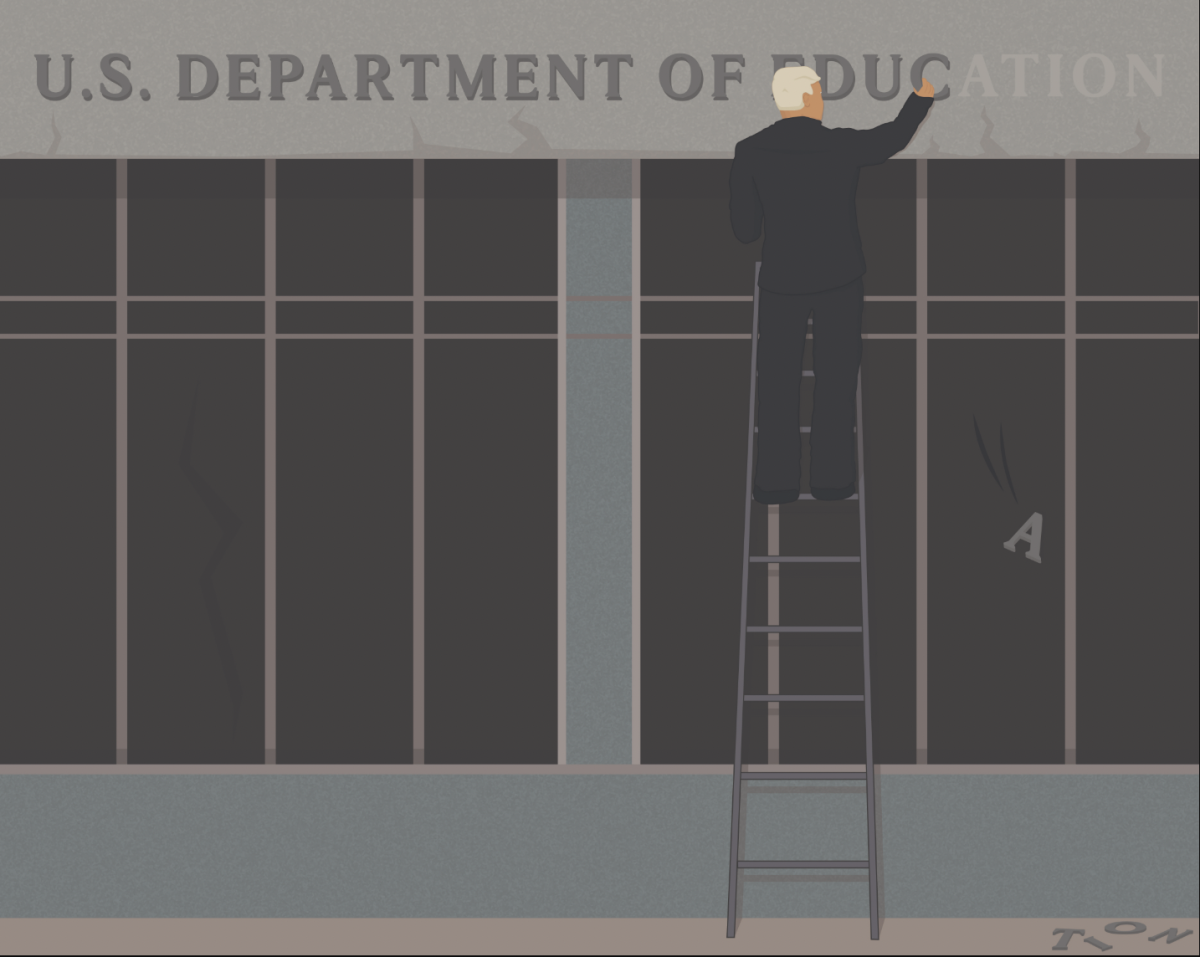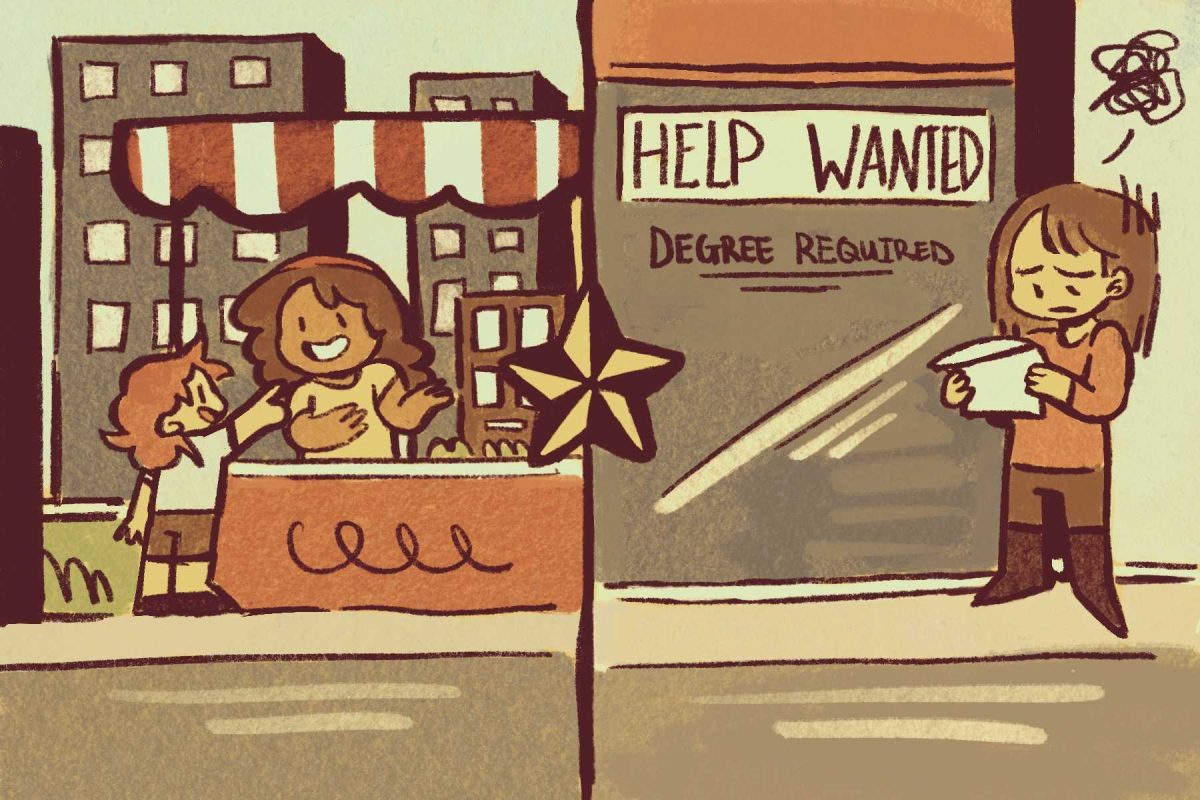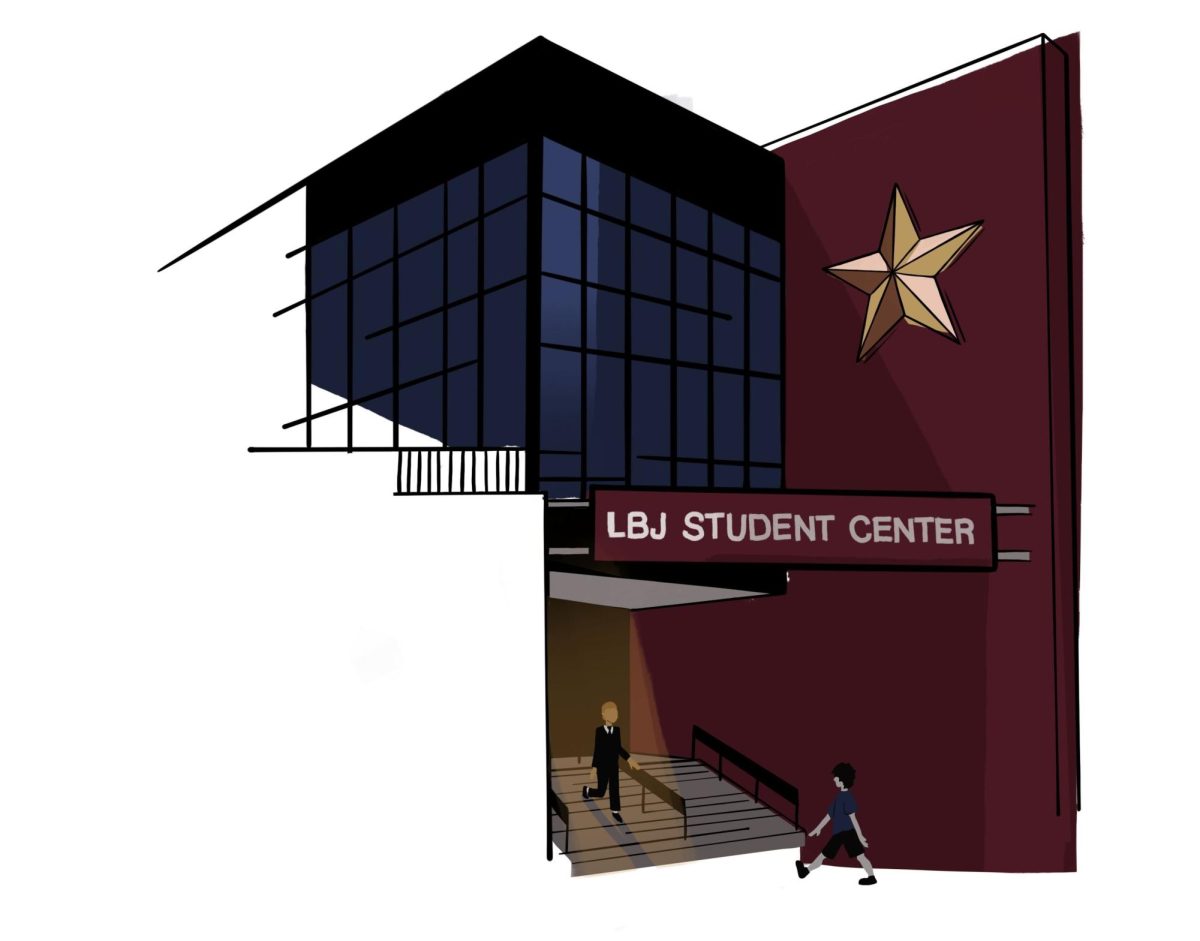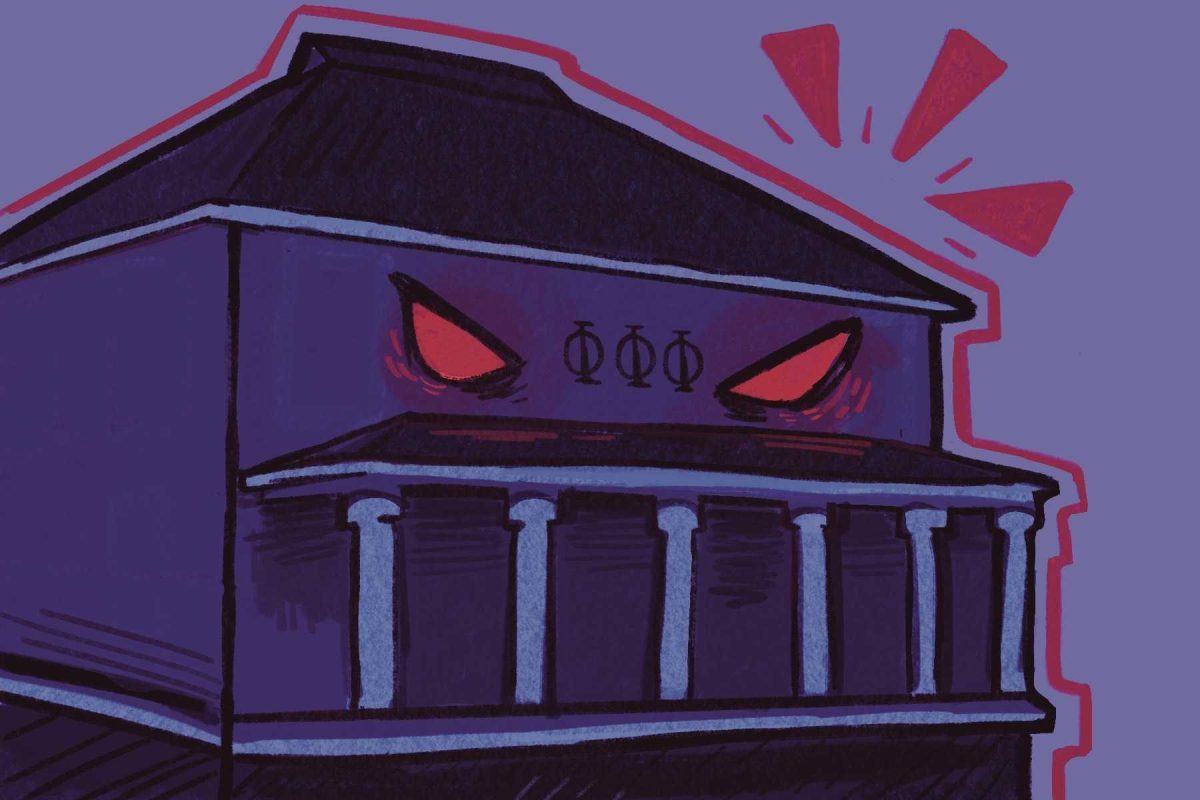Texas State students are no strangers to a good time, but usually, out-of-control ragers aren’t hosted by the university itself. Given the incidents at last year’s River Fest and the university’s failure to take accountability, Texas State is in no position to host the festival again.
Duane Bruce, executive director of Student Involvement and Engagement, said River Fest 2024 was “wildly successful.” But in case you missed it here’s a quick recap; despite on-site EMS and law enforcement, the event spiraled into chaos when attendees broke down perimeter barricades, leading to trampling and crowd surges that left attendees struggling to breathe.
Some may excuse the disorganization of River Fest 2024 as an unfortunate one-off. However, when a university-sanctioned event is understaffed, underprepared and poorly managed, it raises concerns about the university’s capacity to safely and effectively host large-scale events. Whether it’s a music festival, commencement event or a nationally televised presidential debate, the negligence of such foundational planning carries consequences.
Bruce said all large-scale university-hosted events warrant an emergency action plan (EAP) that outlines protocols for safety.
Yet this crucial safety plan was withheld from the student volunteers responsible for ticket admission and line control at last year’s River Fest. These volunteers were then left unprepared and on the front lines of the chaos that unfolded. While Texas State proudly relies on students to organize and work these intricate events, its leadership fails to prepare them for the real possibility of a worst-case scenario.
“In the EAP, we designate protocols for safety and chains of communication,” Bruce said. “We don’t share the EAP with our student volunteers because they’re not the responders to emergency situations.”
This disorganization and lack of preparation directly affected the safety of staff and students, resulting in multiple injuries.
“I saw someone face plant into the concrete trying to hop a fence,” Zamar Soto, a music sophomore who witnessed the mayhem last year, said. “They got to the other side, but I don’t know if it was worth all that.”
This was just one of the many unreported incidents that unfolded throughout the event, highlighting how the festival’s lack of control escalated into a dangerous free-for-all. And yet, nearly a year later, there’s still no confirmed number of how many people were hurt. Reports vary depending on the source.
Bruce said he did not know the number of staff working that night or the number of students injured. The apparent indifference toward injured students calls into question the university’s responsibility and commitment to student safety.
It doesn’t help that River Fest has proven to be a financial burden on the university. Despite the risks, the event fails to generate the revenue necessary to justify its continued funding.
Rather than being a money-making event, it has only resulted in a financial loss for the university. Duane said the university does not profit or break even from River Fest. While the $5 ticket cost will be used to supplement the event, it’s not enough.
Funds that could be used to support other vital student organizations and campus programs are instead directed toward an event that poses serious safety concerns.
While last year’s incidents may not repeat themselves due to new safety features in place, the university’s disorganization and lackluster response raise serious concerns about its ability to host large-scale events while effectively prioritizing student safety as a whole.
It can be hard to trust an event where students have been injured in the past.
River Fest must ensure the safety of those who attend and align with values and priorities held by the student body. It’s time to rethink what this event is supposed to represent and whether it’s worth the cost.
-Hannah Nunez is a journalism senior
The University Star welcomes Letters to the Editor from its readers. All submissions are reviewed and considered by the Editor in Chief and Opinions Editor for publication. Not all letters are guaranteed for publication.



